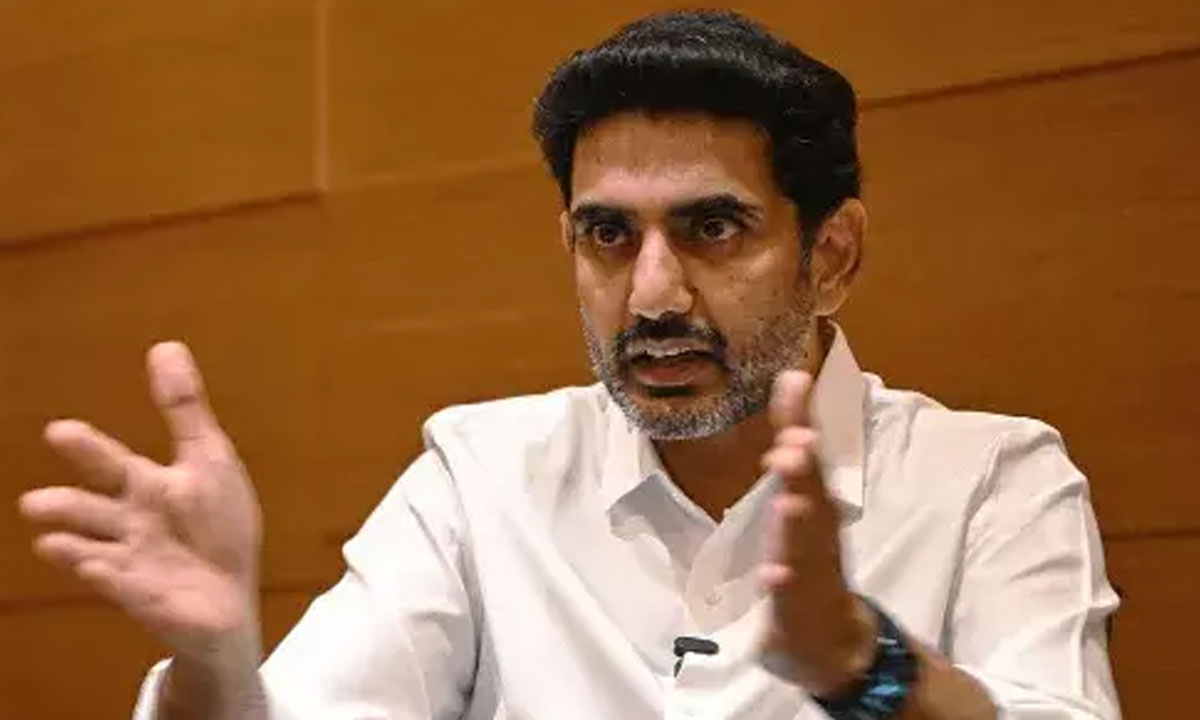In a major development, the Waqf Amendment Bill has officially become law in India. President Droupadi Murmu gave her assent on Saturday night, marking the finality of the legislative process. Her signature has made the bill operational immediately nationwide.
First proposed by the NDA-central government, the bill evoked considerable debate and discussion. While several Muslim organizations protested certain provisions, others endorsed the bill as much-needed reform to rationalize administration of waqf properties.
Recognizing the polarized views, the Centre established a Joint Parliamentary Committee (JPC) to examine the bill in greater detail. The committee held extensive consultations, opened up to suggestions from different community organizations, and suggested major amendments based on inputs received.
According to the JPC recommendations, the revised bill was brought in the final sessions of the Parliament’s Budget Session. The Lok Sabha and Rajya Sabha debates were prolonged, resulting in a vote as the bill was passed with a clear majority—288 votes for and 232 against in the Lok Sabha, and 128 to 95 in the Rajya Sabha.
After it had cleared both Houses, the bill was dispatched to Rashtrapati Bhavan to be approved by the President. President Murmu read and signed the bill into law, effectively a legally enforceable Act of Parliament. In doing so, the Waqf Amendment Act is now legally enforceable and binding throughout India.
The action is a major change in the handling and regulation of waqf properties with the aim of introducing greater transparency and accountability into the system.










